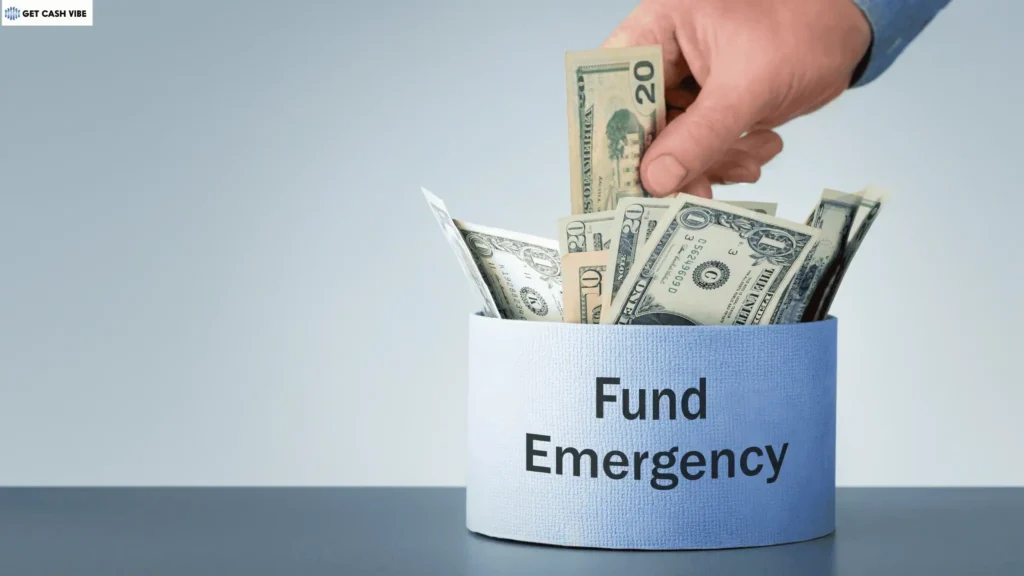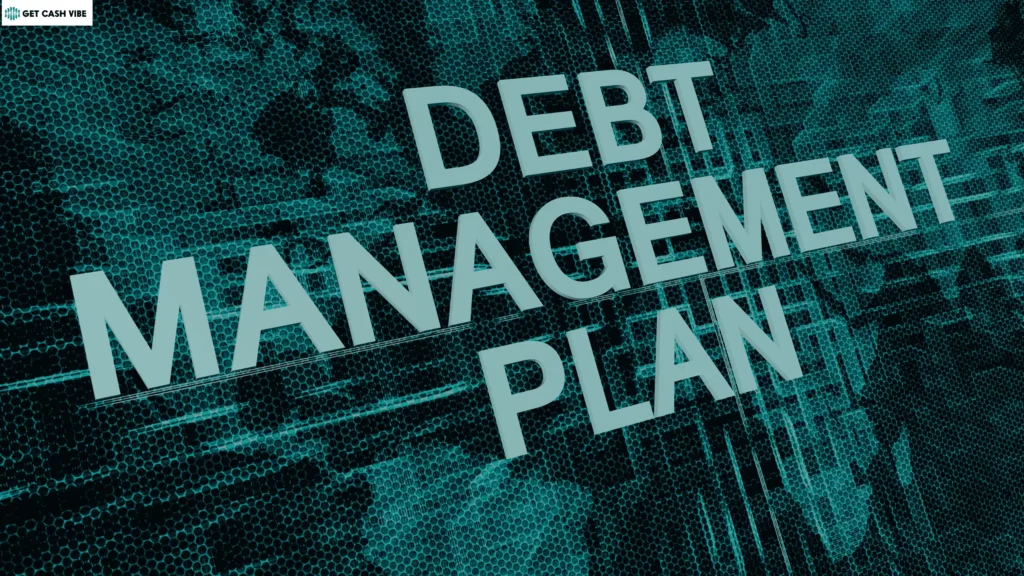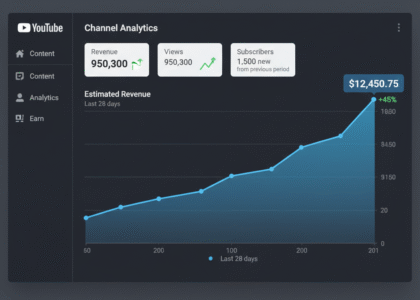Introduction: Recession financial planning
In times of economic downturn, managing your finances wisely becomes more crucial than ever. Recession financial planning is not just about surviving; it’s about positioning yourself for financial stability and future growth. Whether you’re a young professional, freelancer, or someone planning for retirement, understanding how to navigate a recession can help protect your savings and investments.
Understanding Recession and Its Impact
A recession is a period of economic decline, typically characterized by rising unemployment, declining GDP, and reduced consumer spending. During this time, businesses struggle, and individuals may face income instability, making financial preparedness essential.
How a Recession Affects Personal Finances:
- Job Security Risks – Layoffs and hiring freezes become more common.
- Investment Volatility – Stock markets fluctuate, impacting retirement funds and portfolios.
- Inflation or Deflation – Changing prices affect purchasing power.
- Higher Debt Risks – Credit becomes harder to manage with uncertain incomes.
Smart Strategies for Recession Financial Planning
1. Build an Emergency Fund

Having a financial cushion is one of the most critical steps in recession planning. Aim to save at least three to six months’ worth of expenses in a high-yield savings account. This will cover essentials like rent, utilities, and groceries in case of income loss.
2. Cut Unnecessary Expenses
Evaluate your monthly budget and eliminate non-essential spending. This may include:
- Subscriptions or memberships you don’t use frequently.
- Eating out and opting for home-cooked meals.
- Unnecessary luxury purchases.
- Switching to more affordable service providers (internet, insurance, etc.).
3. Diversify Your Income Streams
Relying on a single income source can be risky in uncertain economic times. Consider:
- Freelancing or gig work.
- Starting a side business.
- Investing in dividend-paying stocks or real estate.
- Monetizing hobbies or skills online.
4. Manage Debt Wisely: Recession financial planning

High-interest debt can become overwhelming in a recession. Strategies to handle debt include:
- Prioritizing payments on high-interest credit cards.
- Consolidating debt for lower interest rates.
- Avoiding new loans unless absolutely necessary.
5. Reevaluate Investments and Retirement Accounts
Market downturns affect investment portfolios, so:
- Avoid panic selling – Markets eventually recover.
- Consider diversifying your assets.
- Look for recession-proof investments like bonds, gold, or defensive stocks.
- Keep contributing to retirement accounts (401(k), IRA) if possible.
6. Strengthen Your Job Security: Recession financial planning
If you’re employed, enhance your job stability by:
- Upskilling or obtaining new certifications.
- Networking within your industry.
- Demonstrating value at work by taking on essential projects.
7. Be Cautious with Large Purchases

Now is not the time for impulsive spending. Postpone buying luxury items, new cars, or expensive home upgrades unless absolutely necessary. If a major purchase is unavoidable, consider low-interest financing options.
Common Mistakes to Avoid
- Not having a financial plan – Being unprepared leads to rushed and poor financial decisions.
- Relying too much on credit – Using credit cards for daily expenses can create long-term debt problems.
- Ignoring budget adjustments – Failing to adjust spending habits can deplete savings quickly.
- Overreacting to market downturns – Selling investments too soon may lead to losses instead of long-term gains.
FAQs on Recession Financial Planning
Q: How can I protect my investments during a recession?
A: Diversify your portfolio with low-risk assets, avoid panic selling, and maintain a long-term perspective.
Q: Should I continue saving during a recession?
A: Yes! Even small contributions to an emergency fund or investment account can help in the long run.
Q: Is it a good time to invest during a recession?
A: Yes, if done wisely. Buying undervalued stocks or assets with strong fundamentals can lead to long-term gains.
Conclusion
Recession financial planning is all about being proactive rather than reactive. By building an emergency fund, reducing unnecessary expenses, diversifying income, and making strategic investment choices, you can secure your financial future even in uncertain times. Stay informed, stay prepared, and keep your financial health strong!






